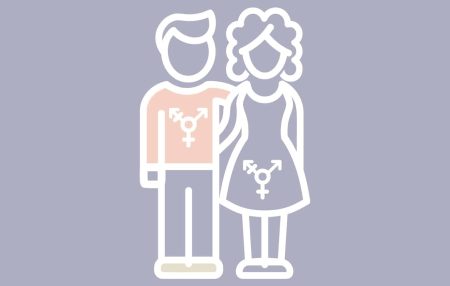18 May 2011
International surrogacy case Re: IJ (a child) 2011 is the latest High Court decision to be published in the UK, awarding legal parenthood to British parents who’s surrogate born child was born stateless and parentless in the Ukraine. The child, known only as IJ, was born without any citizenship anywhere in the world due to an international conflict of law – Ukrainian law regarded the British couple as the parents whilst English law treated the Ukrainian surrogate mother and her husband as the parents. The High Court granted legal parenthood to the British parents to safeguard IJ’s welfare even though they had entered into a binding commercial surrogacy arrangement in the Ukraine, which breached public policy restrictions designed to prevent commercial surrogacy in the UK.
The case contains a stark warning by English High Court Judge, Mr Justice Hedley, about the legal difficulties that overseas surrogacy can create. Mr Justice Hedley highlights the very real difficulties the British couple experienced trying to obtain immigration clearance to bring IJ home to the UK, made worse by IJ’s need for hospital treatment in the Ukraine. He emphasizes the fact that the British couple “who had done their conscientious best to act lawfully and to be prepared for all contingencies, had been mislead by some unduly simplistic advice from the Ukrainian surrogacy agency”.
Mr Justice Hedley also stresses in the judgment the critical importance of obtaining expert legal advice saying “those who travel abroad to make these arrangements really should take advice from those skilled in our domestic law to be sure as to the problems that will confront them (not least of which is immigration) and how they can be addressed. Reliance on advice from overseas agencies is dangerous as the provisions of our domestic and immigration law are not fully understood”.
This is not the first time that British people have got into legal difficulties entering into international commercial surrogacy arrangements, leaving surrogate born children legally vulnerable and stranded abroad. The case echos the case of Re X and Y (foreign surrogacy) 2009, where twins were born stateless and parentless in the Ukraine to a British couple who despite their best efforts had not been made aware of the complex legal issues associated with commercial international surrogacy arrangements. The High Court stepped in on that occasion too and awarded legal parenthood to the British couple to safeguard the twins and issued a warning about the associated legal difficulties which continue to require careful in-depth scrutiny by the High Court on a case by case basis.
International surrogacy arrangements are fraught with legal difficulties because there is no international harmonisation of surrogacy law. Foreign birth certificates and foreign parentage orders in respect of surrogate born children are not automatically recognized in the UK and intended parents must usually apply to the English court for a parental order to obtain legal parenthood and legally secure their family. As interest in surrogacy grows, with the rise of foreign surrogacy destinations including Ukraine, India and some US states, ever present media interest and celebrity endorsement by the likes of Elton John and Nicole Kidman, there has never been a greater need to understand and manage the legal issues to avoid the legal pitfalls.
I successfully acted for the parents in both Re: IJ (a child) 2011 and Re X and Y (foreign surrogacy) 2009 and to read more information visit my international surrogacy page.




